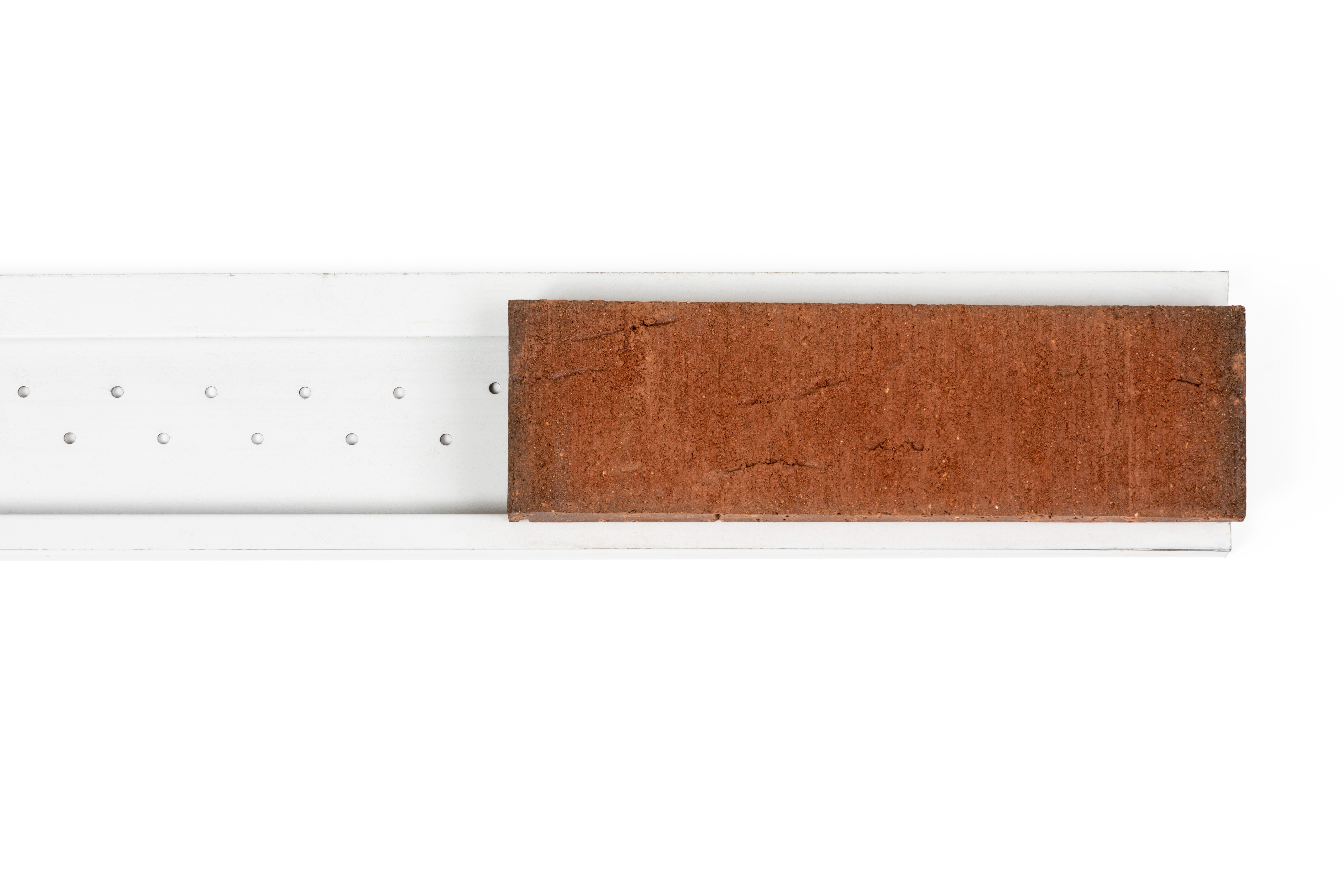An Introduction to Thin Brick Veneer Wall Systems
The Timeless Appeal of Brick, Reinvented
Brick has long been cherished for its durability, warmth, and classic charm. From historic structures to contemporary designs, brick's aesthetic remains a favorite for homeowners and architects alike. Thanks to advancements in building materials such as thin brick veneer wall systems, achieving this timeless look has become easier, faster, and more versatile than ever. Thin Brick panel systems combine the beauty of traditional brick with the ease of modern installation, making them an attractive option for a variety of applications, from residential projects to large-scale architectural endeavors.
What Are Thin Brick Veneer Panels?
Thin brick veneer panels are lightweight systems designed to provide solutions and options to architects and builders. These panels allow thin brick to be mounted on specialized backing systems, offering a cost-effective and flexible alternative to conventional masonry.
Advantages of Thin Brick Veneer Panels
1. Versatile Applications
Thin brick veneer panels are suitable for both interior and exterior use. They can transform walls, fireplaces, and even commercial facades.
2. Lightweight and Easy to Install
Thanks to their reduced weight, thin brick veneer panels eliminate the need for heavy masonry support, making them a popular option for retrofits and a variety of installation techniques.
3. Durability and Authenticity
Modern thin brick systems are crafted to maintain the durability and appearance of traditional brick. With advanced systems like Glen-Gery’s Thin Tech® Wall System or Tru-Brix, users can enjoy long-lasting, visually stunning results.
4. Cost-Effective Solution
Thin brick veneer panels reduce material and labor costs while offering the premium appearance of real thin brick. They are an excellent choice for budget-conscious homeowners and large-scale projects alike.
Installation Made Simple
The installation process for thin brick veneer panel systems is designed to be efficient and user-friendly. For builders, it translates to faster completion times and reduced labor costs.
Installation will vary slightly based on the system you employ. That said, we’ve provided a brief overview of the installation process below to give you an idea of what’s involved:
1. Surface Preparation: Ensure the wall or surface is clean, stable, and capable of supporting the panel system.
2. Mounting the Panel System: Attach the mechanical support system (like Thin Tech® or Tru-Brix) to the surface. These systems are pre-engineered for easy alignment and secure installation.
3. Setting the Thin Bricks: Thin bricks are snapped or mechanically locked into the system.
4. Finishing Touches: Add mortar between bricks, ensuring a seamless, traditional look.
Many systems come with detailed guides. For a more comprehensive understanding of installation, check out Glen-Gery’s Thin Tech Installation Manual or watch the Thin Tech Installation video.
Applications for Thin Brick Veneer Panels
For Homeowners
Thin brick veneer panels are perfect for DIY’ers looking to refresh their homes. Some common home projects include creating stylish brick accent walls and adding charm to kitchen backsplashes or fireplaces.
For Architects and Builders
These panels expand the design palette for architects, offering a lightweight alternative to traditional brick laying without compromising on style or performance. From commercial facades to multi-family housing, thin brick veneer panels are redefining modern masonry.
Conclusion: Why Choose Thin Brick Veneer Panels?
Thin brick veneer panels provide the perfect balance of aesthetics, durability, and practicality. Whether you’re embarking on a home improvement project or an architect seeking innovative design solutions, these panels offer endless possibilities. Glen-Gery’s Thin Tech® and Tru-Brix systems represent the pinnacle of thin brick technology, blending style with functionality to meet diverse needs. Explore the full range of Glen-Gery’s Advance Cladding Systems to bring your vision to life and experience the timeless beauty of brick, reimagined for modern applications.

